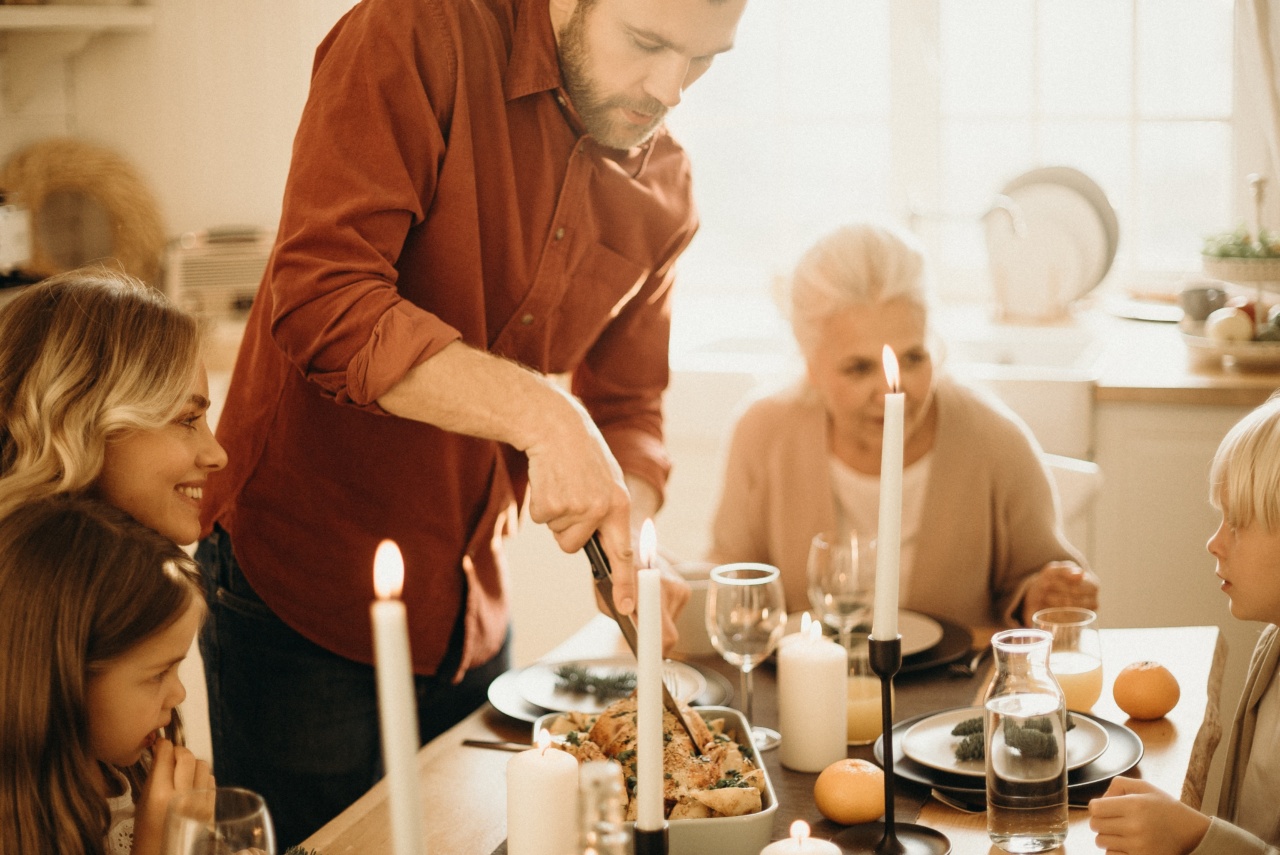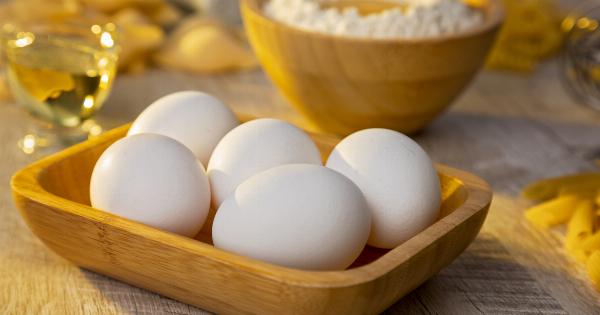Easter is a significant holiday for many people, and it is celebrated by Christians worldwide. This holiday is a time for families and friends to gather and share a meal together.
If you are in charge of planning an Easter dinner, there are several important factors to consider when shopping for the meal. Here are ten key factors to keep in mind:.
1. Budget
Before you begin shopping for your Easter meal, it’s crucial to create a budget. Consider how many people you will be serving and the types of foods you want to prepare.
These factors will help you determine how much money you should allocate for each item on your grocery list.
2. Dietary Needs
It’s important to consider the dietary needs of your guests when planning your Easter meal. Some people may have specific dietary restrictions, such as gluten-free or vegetarian diets.
Make sure to have enough options available for everyone to enjoy and feel comfortable. Consider incorporating traditional Easter foods that cater to specific preferences to make it inclusive for all.
3. Menu Planning
Menu planning is an essential part of shopping for an Easter meal. Consider dishes that will cater to the taste buds of your guests and make the meal memorable.
While keeping everyone’s dietary needs included, plan in advance what variety of foods you’d like to serve. You can also add courses for better and successive experience as per preference.
4. Seasonal Foods
When shopping for ingredients for your Easter meal, consider seasonal foods that are available. Spring is a perfect time for fresh produce, such as asparagus, artichokes, and strawberries.
By incorporating these seasonal items into your menu, you can create dishes that are both delicious and nutritious.
5. Quality
When shopping for your Easter meal, make sure to prioritize quality over quantity. Try to buy fresh and high-quality ingredients for your dishes. This not only makes the food taste better but also adds to the health factor.
6. Time Management
Consider how much time you have to prepare your Easter meal when shopping for your ingredients. Make sure to purchase ingredients that require less preparation time.
You can also opt for pre-prepped ingredients, such as pre-cut vegetables or pre-seasoned meats, to save time.
7. Beverages
When shopping for your Easter meal, don’t forget the beverages. Consider what types of drinks will complement the meal, such as wine or sparkling cider. Make sure to have enough of each beverage to serve all of your guests.
8. Presentation
Think about the presentation of your Easter meal as you shop for your ingredients. Consider the colors and textures of the foods you are preparing and how they will look on your table.
Presentation of the food is an important factor that adds to the overall experience of the guest, making it more enjoyable.
9. Leftovers
When shopping for your Easter meal, consider how you will use any leftovers. Plan in advance for dishes that can be easily reheated and enjoyed another day or as the main show for the guests in the following days.
This can help save you time and money in the long run.
10. Perfect Timing
Lastly, make sure to factor in the timing of your grocery shopping trip. Try to avoid shopping during peak hours or on weekends when stores are crowded.
Plan your trip ahead of the holiday and try to complete shopping a day in advance, allowing you enough preparation time and decreasing any last-minute hassle.































